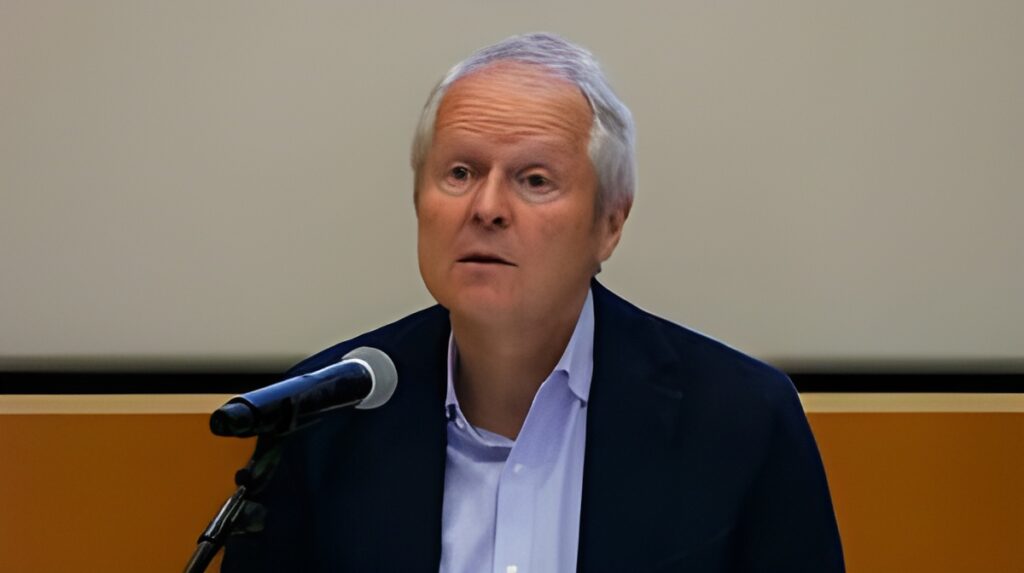
Ubisoft CEO Yves Guillemot recently faced pointed questions during the company’s shareholder meeting regarding the perceived “woke” elements in Assassin’s Creed Shadows. One investor directly challenged Guillemot, asking whether the game was “woke or not woke,” referring to the inclusion of a Black samurai protagonist and a transgender romance subplot.
The shareholder, who described themselves as a new investor but a long-time fan of the franchise, cited criticism that Assassin’s Creed Shadows pushed a “leftist political agenda” and questioned whether Ubisoft was willing to backtrack amid concerns about the company’s “deteriorated reputation.”
The game, released earlier this year, features dual protagonists — Naoe, a female ninja from Iga, and Yasuke, a real-life historical figure who was an African samurai in 16th-century Japan. While the game has been lauded for its fresh storytelling and cultural depth, some critics online have labeled it “too political,” pointing specifically to Yasuke’s role and the game’s inclusion of LGBTQ+ characters.
“It was a bold choice to use an African samurai as a lead and to include a transgender romance option. Can you clarify whether Ubisoft is pursuing a political agenda?” the shareholder asked.
In response, Guillemot maintained Ubisoft’s stance on creative freedom and historical storytelling. While his full reply was not detailed in the livestream, Ubisoft has previously stated that it stands by the historical authenticity of Yasuke’s depiction and its inclusive approach to character representation.
Despite the controversy, Assassin’s Creed Shadows has been a major commercial success. According to Ubisoft(spotted by Game File), it marked the second-best launch in Assassin’s Creed history, trailing only Assassin’s Creed Valhalla. Set during the late Sengoku period in feudal Japan, the game blends stealth gameplay with an immersive narrative drawn from both historical fact and creative license.
Cultural Representation vs. Investor Pressure
The shareholder’s question reflects ongoing tensions in the gaming industry over representation and perceived political messaging. While many players praised Shadows for highlighting underrepresented historical figures and identities, others — including some stakeholders — are more critical of Ubisoft’s direction.
It’s unusual for topics like identity politics to be raised in investor meetings, but it signals that the debate around “wokeness” in games is no longer limited to fan forums and social media.
What’s Next for Ubisoft?
Ubisoft has not indicated any plans to alter the content of Assassin’s Creed Shadows, and with strong sales and positive critical reception, it’s likely to remain a central pillar of the franchise going forward. However, the exchange at the shareholder meeting may prompt Ubisoft to more carefully navigate the intersection of creative risk and corporate messaging.